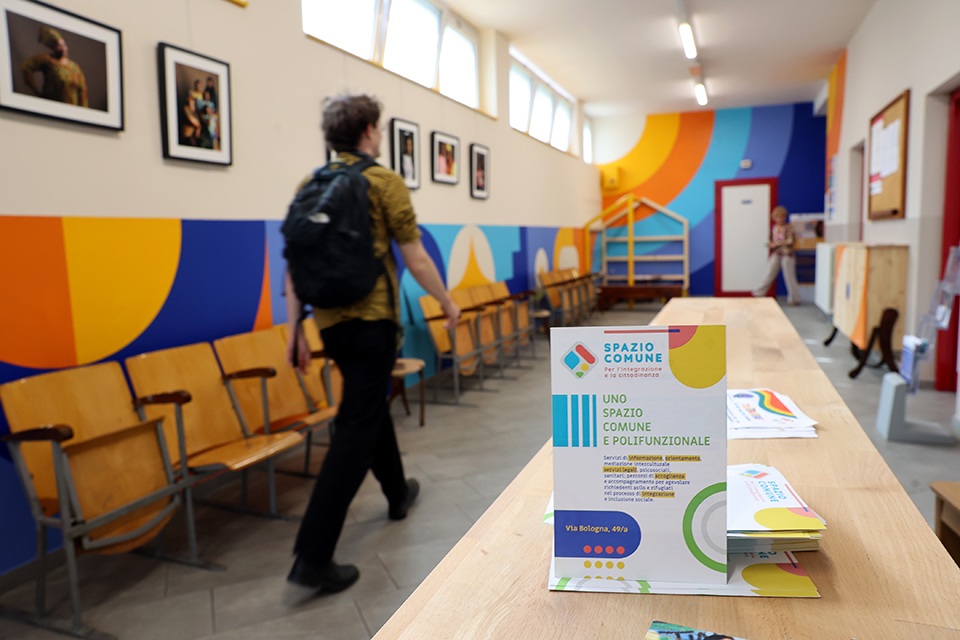Turin’s economy faces significant challenges from shifting demographics. The city, which is known for its labor-intensive industrial and artisanal production, has an aging population and rapidly shrinking labor force. This trend is reflected across Northern Italy: the Piedmont region, where Turin is the capital, and neighboring Valle d’Aosta will require an estimated 48,000 immigrant workers between 2024 and 2028 to meet employment demand.
The highest-need sectors include services (e-commerce and personal services), industry (automobile), and agriculture. To address this challenge, Turin has piloted new approaches to welcome newcomers and catalyze their economic potential. Since 2017, the city has operated programs like MENTOR1 and MENTOR2 to create a labor mobility pathway from North Africa to Italy. In 2022, the city established Spazio Comune, a one-stop shop for migrant and refugee inclusion, in partnership with UNHCR. Turin is now focused on systematizing these safe and legal labor mobility corridors and institutionalizing cross-border job training and employment pathways.


